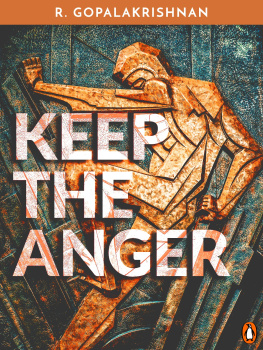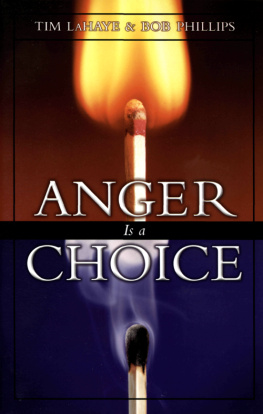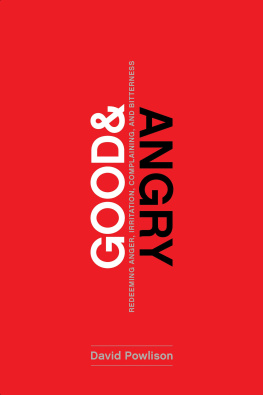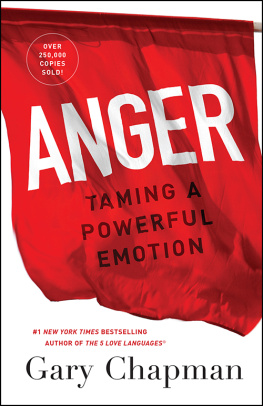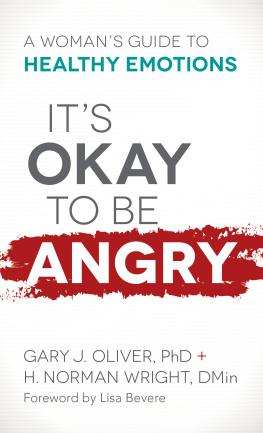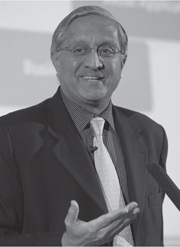R. Gopalakrishnan
R. Gopalakrishnan
R. Gopalakrishnan (Gopal to his friends) studied physics at St Xaviers, Kolkata, engineering at the Indian Institute of Technology Kharagpur and attended the advanced management programme at the Harvard Business School. He is a former president of the All India Management Association.
He retired from executive positions in the Tata company in 2011. Currently, Gopal is a non-executive director of Tata Group parent, Tata Sons and several Tata companies. He also serves as an independent director of listed companies, Akzo Nobel India, Castrol India and Hemas, Sri Lanka.
Gopal has been a professional manager from 1967: thirty-one years in Unilever and seventeen years in Tata. Over the last twenty-five years, he has served in Jeddah as chairman of Unilever Arabia, in Bangalore as managing director of Brooke Bond Lipton and vice chairman of Hindustan Lever, and in Mumbai as executive director of Tata Sons.
Gopal advises companies and mentors leaders as the president of Mindworks. He also speaks extensively and writes thought pieces.
He is actively engaged in both instructional and inspirational speaking and is represented by an international agency. He has spoken at many events in the last four yearsHong Kong, Hangzhou, Kuala Lumpur, Colombo, Dubai, Abu Dhabi, Brussels (Liege), Paris and Philadelphia. He also speaks extensively within India. His subjects have been in the areas of governance, strategy, organizational transformation, people management, innovation, markets and India. His speeches and workshops are based on practical examples; they tend to be anecdotal rather than rich in theory or based on analytical frameworks.
He has taught an unusual course titled LWNT: Learning Whats Not Taught at B-schools.
He has written many articles in newspapers. He has authored four bestselling books; some of them have been translated into Chinese, Hindi and Tamil.
R. Gopalakrishnan
(Kashipur, 17 March 2015)
At this convocation, I wish to focus upon only two messages. First, it is good to be angry, a sort of positive anger. Second, it is not good to ever lose hope.
Being angry
In August 1765, the descendant of Emperor Aurangzeb signed and handed over a scroll to an Englishman called Robert Clive. There is a painting by Benjamin West in the British Museum to mark this occasion. The scroll handed over to the East India Company gave away the Mughal emperors right to collect all the taxes in Bengal, Bihar and Orissa. These territories had been won by the British from Siraj ud-Daulah after Robert Clive had bribed army chief Mir Jafar to let the English win the war (nowadays we call this match-fixing). The painting shows Emperor Shah Alam sitting at a height and bending at the waist as he hands over the scroll to an imperious-looking and upright Robert Clive. The genuflection at the waist certainly appears to suggest a position of weakness in the postures.
In that case, the ruler bowed down to a businessman for, after all, Robert Clive was a mere officer of the East India Company. In a role reversal, since Independence, Indian businessmen have regularly bowed down to the new rulersministers, MPs and bureaucrats. My first advice to you is that, during your management career, never kowtow to anyone in power. You dont need to be arrogant, but you should never have to be subservient either. Always do an honest piece of professional management work, be proud of your contribution to society and be slightly angry about wanting to do more. The results that can be achieved by being slightly angry are illustrated by three key events by India as a nation.
- 1965: The green revolutionnational response under duress of the PL 480 cessationthe four Ss being Lal Bahadur Shastri, C. Subramanaiam, Dr M.S. Swaminathan and Food Secretary S. Shivaraman.
- 1971: The white revolutionnational response in the face of acute milk shortage despite having the worlds largest bovine populationOperation Flood led from the front by Dr V. Kurien
- 1991: The supercomputer revolutionC-DAC response to the USs denial of Cray supercomputer technology after India tested a nuclear device at Pokhran, led by Dr Vijay Bhatkarthe launch of the worlds second-fastest supercomputer, PARAM, at the Zurich Supercomputing Show in 1991Washington Post greeted the event with the headline Angry India does it again.
In short, constructive anger is good. I wish you a career of constructive anger if India is to progress.
Hope and despair
We Indians seem to periodically have a sense of gloom and doom with respect to Indias situation. Has India blown it? many people ask. I find myself struggling, both for words as well as the time to express my thoughts. So I felt I would use this opportunity to view the subject rationally rather than emotionally.
The expression blow it literally means to spoil your chances or to lose an opportunity. So the questions I address are:
- Has India lost an opportunity and, if so, over what time frame?
- Did other nations also blow it?
- What are the simple indicators?
Time frame
The time frame over which you judge the question is important. Time is relative; it is what is perceived by the viewer.
For example, even though you move your folded newspaper at great speed to swat a fly, the fly escapes with alacrity and speed. Why? Because the flys eye has a different CFF compared to the human eye. CFF stands for critical fusion frequency and is the frequency at which a flicker stands still. Humans have a CFF of sixty cycles per second, while flies have a CFF five times higher250 cycles per second. This means that, to the fly, your speed comes through as five times slower than how you perceive it. A fly-eye view of an F1 racing driver is that of a comfortable weekend driver, cruising through a country road. That is why your rapidly moving folded newspaper is perceived by the fly to be as slow as a wooden spoon moving through honey or treacle.
When you review the progress of a vast nation or society like India, there has to be some perspective of time, to use an appropriate CFF factor. It cannot just be last weeks Sensex or the next months Mann Ki Baat talk.
To emphasize the importance of the time perspective, imagine that you are examining the proposition Sachin Tendulkar has blown it. If you disagree with the proposition, you will find plenty in the full cricketing career of the iconic player to prove your point. But if you were to review only his last twenty Test matches and compare his performance with his peers in their last twenty Test matches, here is what you would find:
- Sachins score of 1070 runs in 33 innings ranks last among Brian Lara, Rahul Dravid, V.V.S. Laxman and Ricky Ponting, whose run scores are in the range of 11281953.
- Sachins per innings average is 33 runs, against his peers averages of 3453 runs.
- In his last twenty Test matches, Sachins highest score was 94, whereas his peers scored 176226 runs each.

